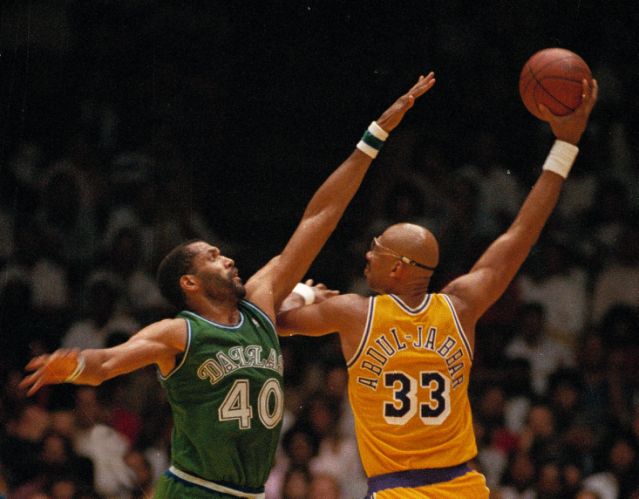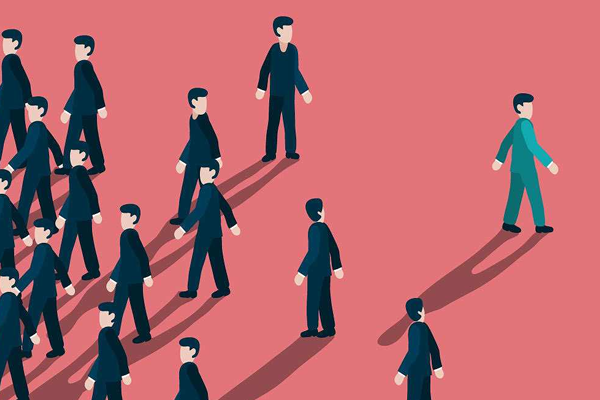IP Rights in Sports
It is very difficult to pass a non-negotiable judgment on the utility of IPR. They have helped players and other sporting entities to elevate themselves but at the same time pose a threat to the nature of sports as a whole.
A century ago, most of the sporting events were conducted at city or state level rather than international stage. Even the big sporting events that did occur at a trans-national level were often unpretentious and simplistic affairs. With the advent of commercialization and the age of branding, things have changed in the sports industry. It started witnessing creation of sport administrative bodies like BCCI and NBA which had ‘profit creation’ as its main aim. These entities ensured that the game was modelled in an appealing way and the sportsperson was projected as a brand to entice a newer audience and retain existing one. This helped them to make sports all-pervasive and ignite the fascination of young minds, thus creating a scope for talent to be accentuated.
But more importantly, it helped the player to capitalize on their talent, in and out of the sporting arena by making them more visible to sports enthusiasts and facilitate successful collaborations with brands. Status quo is witnessing sports and branding go hand in hand and at the very heart of this relationship lies ‘Intellectual Property Rights.’ IPR is an umbrella term for a multiplicity of concepts like patents, trademarks, industrial design rights and creative works like sports podcasts and other sports related programmes. IPRs are created to preserve the rights of the owner from being plagiarised or copied without due credit for their hard work and ownership. They promote innovation by rewarding creators with a fair acknowledgement for their creation and an opportunity to capitalize upon it.
‘Nairobi Treaty on the Protection of the Olympic Symbol’ pens down that all states’ parties are under the obligation to protect the Olympic symbol against commercial use without the authorization of the International Olympic Committee. Chennai Super Kings has registered itself under the Trademarks Act, 1999 and sells merchandise holding its team name. Sport celebrities are allowed to register themselves as trademarks which includes their nicknames, poses, slogans, signatures or anything that they are well known for ground-breaking sports technologies also find a refuge under the IP rights, hence providing an incentive to innovate and encourage brands to invest in research and development for future technologies to come up. It also creates an accessibility for better quality sports gear and equipment for sports persons eventually resulting in better athletic performance. This also helps in grabbing eyeballs of sports enthusiasts, leading to more money flowing in and employment creation in the sports industry.
One of the most unusual patents these days are- sports moves. The NBA logo of a basketball player dribbling a basketball, Usain Bolt’s “lightning pose” and Kareem Abdul Jabbar’s “Sky hook”, are successfully registered and have asserted trademark rights.
The supporters of the patent say that athletes have shorter careers as compared to other professionals and the patent of their signature move helps them to capitalize on it and acts as a safety net to protect them from financial instability in post-retirement life. They also extend the argument to say that it preserves creativity and innovation tendencies in players in the sports industry.
The critics point towards the restrictions it causes for the player as his movements are now monitored and best case, even if he is allowed to use the patented move, he has to acknowledge each time which leads to a lot of hassles. It’s also counterproductive to the nature of sports in general. The sports are often played on impulse and reflexes. Your next move, as a player, is always undecided and depends upon the situation that might arise the next second. Players are always under scrutiny with hundreds of thousands of eyeballs glaring at them. At a crucial point like this, it’s unfair to place an additional burden on the players to monitor their moves which could possibly hamper their ability to play well. Worst case scenario, fans might be dissatisfied because this could possibly alter the course of the game by muddling up the scope of moves that can be used to play the game.
The nature of sports moves is quite subjective and overlapping. Players don’t exist in eco chambers and no player comes up with a distinctive move in isolation. Often, these moves are partially inspired or borrowed in some capacity from previous moves that existed in sports. Hence, exclusive ownership of the moves isn’t principally coherent with the nature of the sports in general. This also makes it tough to monitor and resolve in case of infringement because the distinction between some sports moves is a fine blurry line.
Patents and trademarks aren’t a guarantee of timeless control because they are issued with a specified lifetime. After the period ends, anyone is free to exploit the technology. Besides this, the owner is also obligated to disclose all details of the creation and provide a foundation for further development.
It is very difficult to pass a non-negotiable judgment on the utility of IPR. They have helped players and other sporting entities to elevate themselves but at the same time pose a threat to the nature of sports as a whole. In other words, the utility changes with each stakeholder taken into question. The pros and cons both exist in the status quo and which one overweighs the other is an opinion that we leave on the wisdom of the readers.




Comments